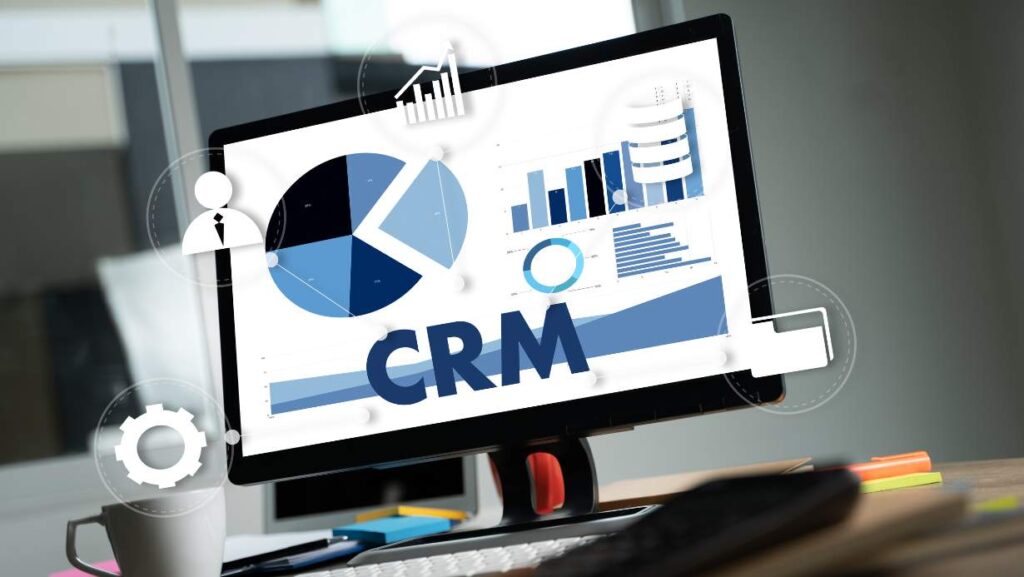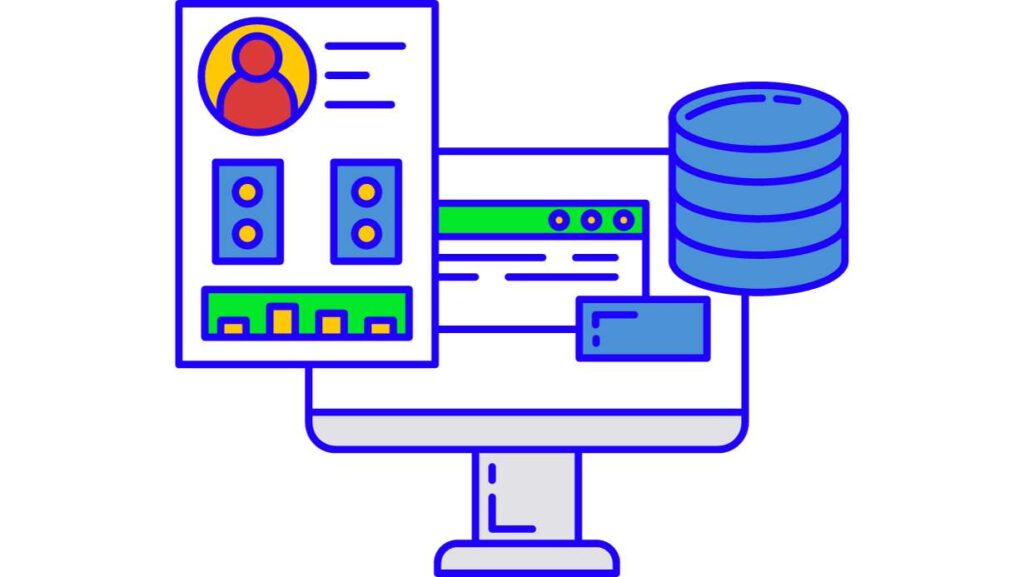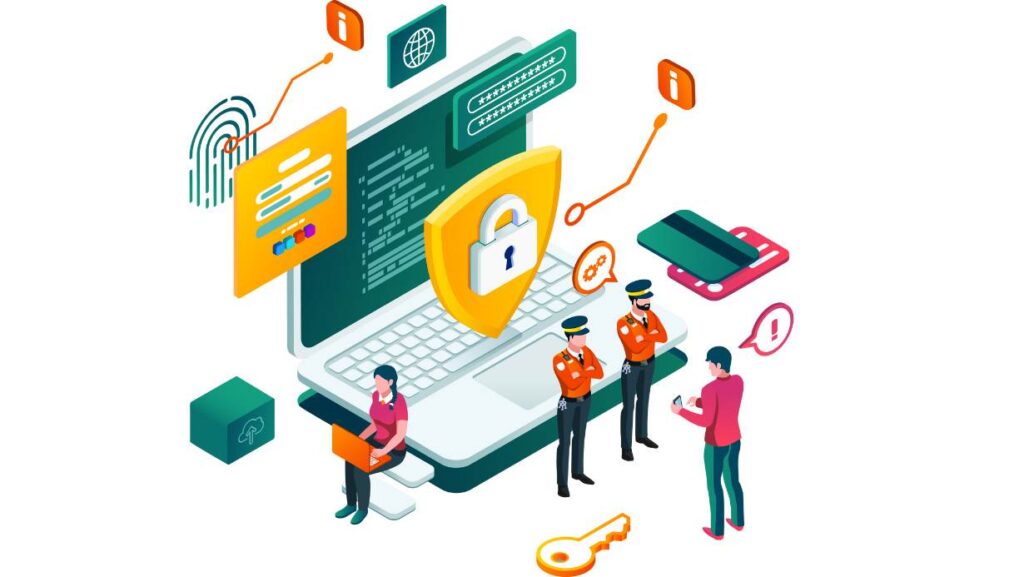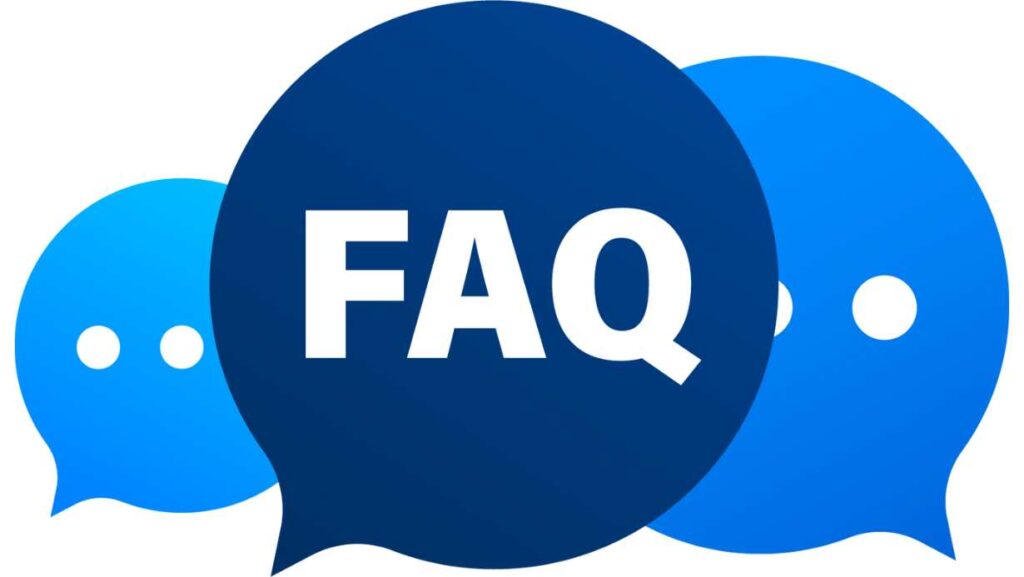In the rapidly evolving digital landscape of today, achieving business growth and scalability demands more than just traditional approaches. Let’s explore one essential tool that has emerged as a linchpin for successful expansion – Customer Relationship Management (CRM) software. Its significance is underlined by the projected 12% adoption increase within the next five years, propelling the CRM for business market value to an estimated $129 billion by 2028.
In this transformative era, neglecting the potential of CRM is a luxury businesses simply cannot afford. As enterprises strive to elevate their operations to the next level, the adoption of CRM software stands as a strategic imperative. This dynamic technology offers multifaceted advantages that extend far beyond basic customer management. By effectively leveraging CRM, companies can harness a plethora of opportunities to streamline processes, amplify customer engagement, and foster lasting loyalty.
12 Ways to Scale Up Your Business with CRM

1. The Critical Role of CRM in Business Growth
Customer Relationship Management (CRM) plays a crucial role in business growth by helping companies effectively manage and nurture their relationships with customers. A well-implemented CRM system provides a centralized platform for businesses to store, analyze, and utilize customer data, leading to improved customer satisfaction, increased sales, and enhanced overall business performance.
A decade of industry data proves the revenue-generating power of CRM. The CRM market has ballooned from just under $14 billion in 2010 to about $69 billion in 2020, marking an astonishing $55 billion increase. With the ability to streamline sales processes, enhance customer retention, and optimize marketing campaigns, it’s no surprise that CRM is becoming ubiquitous.

For example, Legacy Mutual Insurance leveraged CRM to double its customer base in just two years. The key was using data analytics to segment customers and deliver targeted personalized experiences. CRM enabled scalable and repeatable processes that accelerated growth. This success story underscores the tangible impact that CRM can have on a business’s bottom line.
2. Segmenting Customers with Data Analytics
The customer data within a simple CRM system can provide invaluable insights for segmentation. Grouping customers with common needs and behaviors allows for tailored marketing and service strategies.
Tools like AI-driven analytics and machine learning algorithms help process customer data to identify these segments. Beyond just demographics, advanced CRM systems can track detailed transaction histories, communication preferences, social data, and more.
Strategies like personalization and loyalty programs can then speak to each segment’s desires. For example, an airline might offer special discounts or upgrades to its most frequent business travelers.
3. Turbocharging Sales with Process Automation
CRM automates and optimizes repetitive and manual tasks, allowing sales teams to focus on high-value activities. For instance, data entry, customer lookups, calendar reminders, and revenue forecasting can all be automated.
Lead scoring helps identify and prioritize the most promising prospects for sales reps. Shared customer profiles mean smoother handoffs between sales stages. With a centralized CRM system, data flows seamlessly from lead generation to close.
One study found that a properly implemented CRM solution can increase sales productivity by up to 29%. That additional efficiency compounds over time.
4. Retaining Customers with Enhanced Service
One major benefit of CRM is improving customer service to keep clients loyal. Here’s how it helps:
- Complete Customer Profiles: CRM systems give agents instant access to every customer’s:
- Contact details and history
- Service and support tickets
- Product purchases and usage
- Marketing engagement
- Personalized Service: With all this customer data in one place, agents can offer tailored service that feels more human. They know each customer’s needs and preferences.
- Proactive Outreach: CRM helps identify customers who might churn based on declining satisfaction scores. Agents can then reach out proactively to resolve problems before it’s too late.
- Self-Service Options: Knowledge bases and chatbots powered by CRM data allow customers to easily find answers themselves. This saves agents’ time for complex issues.
- Cross-Department Collaboration: Sales, marketing, and support can use the shared CRM profiles to align efforts. This prevents frustrating hand-offs between departments.
- One Version of Truth: All agents see the same up-to-date information in the CRM, avoiding contradictory experiences.
With CRM, agents become customer service all-stars. Happier customers have higher lifetime value and referral rates, fueling sustainable growth. It’s more cost-effective to keep customers than constantly find new ones.
5. Optimizing Marketing Campaigns

CRM systems track and analyze an incredible wealth of customer data from marketing campaigns, including:
- Email open, clickthrough, and unsubscribe rates
- Web visits, downloads, sign-ups, and purchases
- Referral sources and discount codes used
- Engagement with ads, landing pages, and forms
This data powers more refined segmentation and targeting for future campaigns. CRM also enables A/B testing of emails, landing pages, calls-to-action, subject lines, and more.
With CRM, you can identify your best-performing campaigns and double down on what works. Marketing ROI increases dramatically.
6. Integrating Seamlessly with Other Systems
While CRM can manage sales, marketing, and customer service processes end-to-end, integrating it with other systems streamlines operations further.
For example, connecting CRM with:
- ERP shares customer data with finance, inventory, and fulfillment.
- Email marketing aligns campaigns with sales cadences.
- Support tickets automatically log interactions.
- eCommerce personalized web experiences.
This integration weaves CRM into the entire customer lifecycle. Data flows bidirectionally, giving each system a holistic view.
7. Maintaining Security and Compliance

Using a CRM means storing a lot of important customer information. It’s critical to keep this data safe and use it properly. Here are some key ways to do that:
8. Use Strong Security Measures
- Access Controls: Allow only certain people to access certain data based on their roles.
- Encryption: Scramble or encode data so only authorized people can read it
- Data Loss Prevention: Have backups and ways to restore data if it gets lost or corrupted.
9. Follow Privacy Laws and Rules
- Privacy Policies: Be clear and transparent with customers on how you use their data.
- Consent Management: Let customers choose if and how their data can be used.
- Data Rights: Give customers access to their data and let them edit or delete it if needed.
10. Keep Security Up-to-Date
- Regularly install security patches and updates
- Check for and fix any vulnerabilities or weaknesses
- Test security measures to catch problems before hackers do
11. Stay Compliant with Regulations
- Know and follow data protection laws like GDPR and CCPA
- Adapt as new regulations come into effect
- Audit regularly to ensure you’re in compliance
Properly securing and managing CRM data builds trust with customers. It also reduces business risks and meets legal obligations.
12. Tracking ROI as You Scale
The ROI of CRM comes from increases in sales productivity, customer retention and lifetime value, and marketing effectiveness. Use metrics like:
- Sales velocity: Time from prospect to close.
- Lead conversion rates: Percentage of leads that turn into customers.
- Retention rates: Percentage of customers retained each year.
- Customer lifetime value: Revenue per customer over the relationship.
- Marketing influenced revenue: Sales from marketing leads.
Compare these before and after implementing CRM to quantify its business impact. For most companies, the lift in these KPIs far outweighs the investment.
The Bottom Line
CRM empowers businesses to enhance customer experiences, improve operational efficiency, and make data-driven decisions. Implementing it provides a scalable foundation for sales, marketing, and service to drive sustainable growth. To compete and thrive in the digital age, CRM is a must-have.
Frequently Asked Questions

What are some tips for choosing the right CRM?
Consider ease of use, scalability, and security. Prioritize the features that address your biggest pain points. Involve sales, marketing, and customer service teams in the decision process.
How can we ensure high user adoption of CRM software?
Secure executive buy-in and sponsorship. Provide thorough training and support. Highlight the benefits of CRM to users. Gamify and incentivize usage. Continuously gather user feedback to improve the platform.
Is CRM only beneficial for large enterprises?
Absolutely not! Many CRM platforms offer editions designed for small to midsize businesses. The level of automation and streamlining CRM brings is valuable for organizations of any size looking to scale.
See Also: Streamlining Operations: The Role of Data Observability Technology In Business Growth










